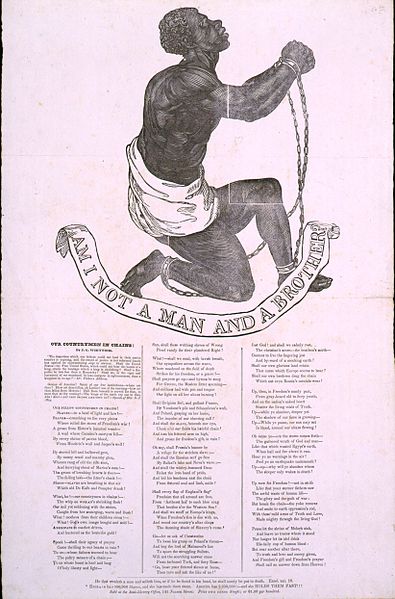Why fight?
One of my favorite of the many conservative slogans printed on products sold at Protest Warrior is the one that says “Except for Ending Slavery, Fascism, Nazism and Communism, War Has Never Solved Anything.” To me, it’s always been self-evident that there are good wars, just as there are bad and pointless wars. And as the Protest Warriors’ slogan makes clear, good wars are those that use arms to destroy poisonous ideologies. In this regard, it’s important to note that these ideologies are themselves life destroying. That is, they’re not bad things that make people kind of sad. If that were the case, it would be difficult to justify blood shed as a means to destroy a merely depressing ideology. Instead, each of these horrible political systems has resulted in the deaths of millions or hundreds of millions of people. Even more significantly, the dead are not just those in the “enemy” nations countries in thrall to these ideologies attack to keep their citizens from focusing on their own misery. Instead, countries that have taken these dark paths routinely destroy their own citizens in huge numbers.
Given this reality (see, I’m a realist), I’ve never been able to understand the liberal mindset that says all wars are bad, without any exceptions. Historical evidence tells me that fatuous statement is just not true. Reading Bruce Bawer’s While Europe Slept: How Radical Islam is Destroying the West from Within, however, has finally offered an explanation for this amazing world view, one American liberals clearly copy from their European mentors.
The lead-up to the following quoted material is a conversation Bawer had with two Dutchmen who sneered at America, including American involvement in WWII. As one Dutchman said, “The idea that America entered the war to defend the cause of freedom is a fiction.” To these Marxist infused Dutchman, America’s motive could only have been the spread of economic imperialism. Here’s Bawer’s conclusion on this subject (p. 93):
And yes, maybe that’s what being an American does come down to — a sentimentalism, about liberty among other things, that many Western Europeans just can’t fathom. If they’re so quick to ascribe purely economic motives to America’s involvement in World War II, perhaps it’s because those are the only reasons they can imagine their own country — itself once a major colonial power — ever having for involvement in a far-away war, or any war.
Sitting there with Niek and Tom, I realized that they were genuinely unable to comprehend a land whose people take liberty seriously enough to die for it. Indeed, for these two men who had been born only a decade or so after the Nazi occupation, worlds like “freedom” and “tyranny” hardly appear to have any real meaning at all. To talk of freedom, in their view, was simply to spout emotionally charged rhetoric that — either naively or with cynical calculation — sugarcoated the evil reality of capitalism.
Having looked at the way in which Europeans fail to understand the American approach to war, since they can only project their cynical values, erasing American idealism, Bawer, using Kosovo as a springboard, contemplates the practical implications of this outlook — and they are serious realities indeed, with profound consequences for American interests at home and abroad (p. 95):
In America, we feel obliged to do something about the Milosevics of this world. In a way, this need to set things right is, again, a kind of romanticism. What else (aside from a desire to avenge Pearl Harbor) can explain the alacrity with which we renounced the safety of isolationism in 1941 and committed ourselves to the fight against fascism in places far from home?
Western Europeans are different. For the, the Milosevics of the world, however monstrous, are also, quite simply, a fact of life. Nothing will ever end that. Get rid of one, and another will come along soon enough to take his place. They think of themselves as realists — but this isn’t realism; it’s fatalism. And (as I have since come to recognize, but didn’t then) it can shade into a strange, disturbing respect for dictators, a respect rooted in Europe’s own history tyranny.
Bawer’s understanding of European cynicism and passivity certainly explains a lot. I don’t have anything to add to it. Do you? (I do have some useful images, though.)

(Above) Image from Buchenwald, which the Americans liberated

(Above) Senator Alben W. Barkley of Kentucky, a member of a congressional committee investigating Nazi atrocities, views the evidence at first hand at Buchenwald concentration camp. Weimar, Germany. (These are the ones the Americans didn’t rescue in time.)

